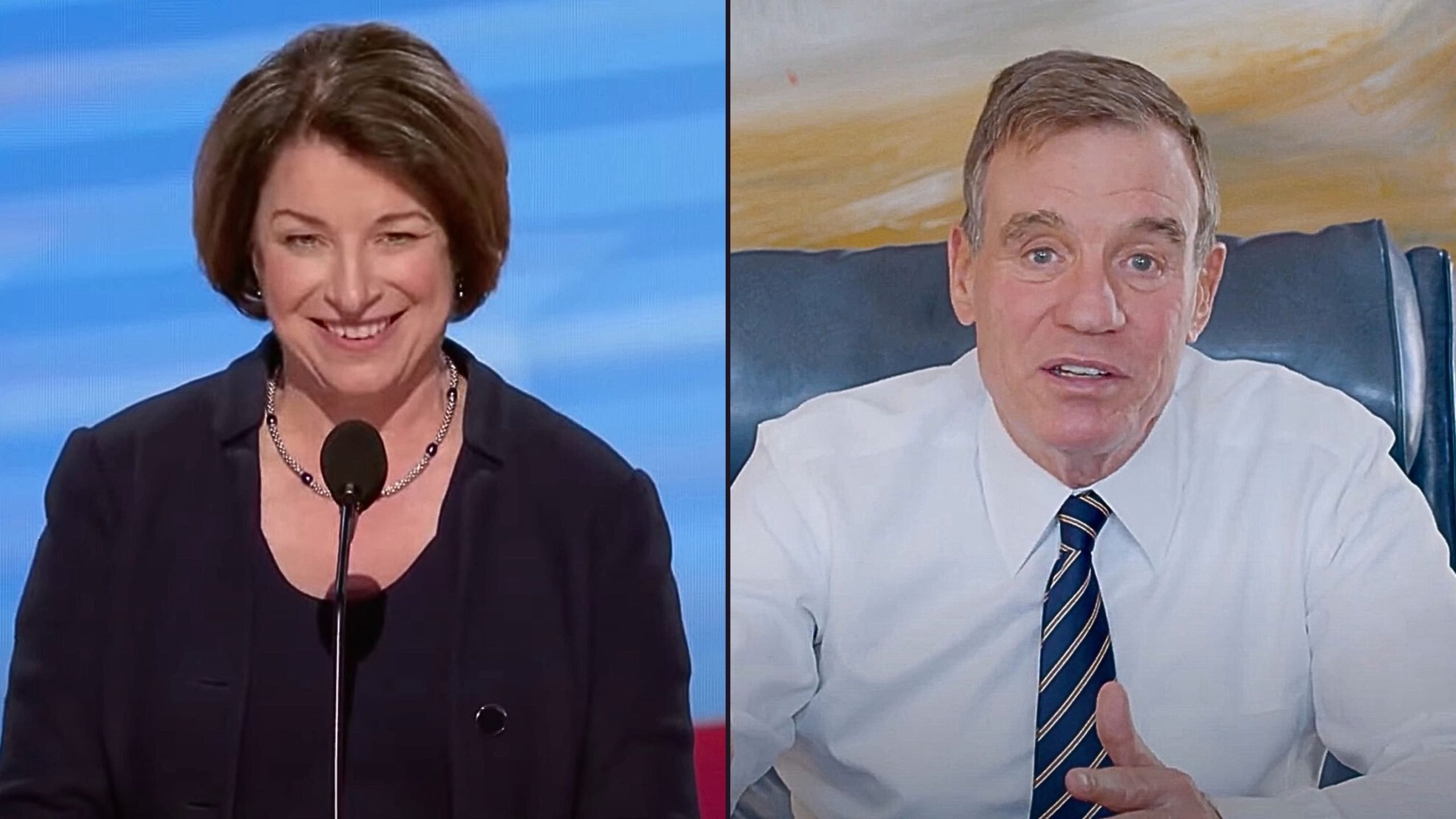Two Democrat senators have decided to put fresh (public) pressure on major social networks in the US ahead of the November election.
Amy Klobuchar and Mark Warner penned a letter addressed to Meta, X, Discord, Twitch, and Alphabet (Google) that entirely predictably revolves around the talk of “election disinformation” and highlights that their concerns about this are “persistent.”
We obtained a copy of the letter for you here.
The letter effectively accuses these companies of allowing the proliferation of such content on their platforms, and stresses the need to stomp it out through “prioritizing decisive action.”
The companies are warned by the senators that what they described as the continued spread of “misinformation” means it is reaching millions of people, and that things will only get worse as “AI gets more sophisticated.”
Klobuchar and Warner attempt to make their point seem politically neutral, mentioning that “AI” generated content is “targeting” both presidential candidates, while at the the same time continuing to exaggerate the effect all this has, elevating it all the way to “eroding trust in our democracy” and throwing in “national security” and “foreign meddling” for good measure.
With the narrative stage set this way, the two senators tell the tech companies that they are “on the frontlines of the risks to our democracy posed by online disinformation.”
Now for what Klobuchar and Warner expect them to do: “prioritize” action to counter the situation as presented, via (moderation, aka, censorship) policies and procedures, but also by hiring extra staff that would deal with this.
The senators then seek to attach more pressure to their message by telling the companies to come up with answers, by October 1, to about half a dozen questions.
They range from asking about actions to update policies around election “misinformation,” whether there are any plans to add more measures and policies in this regard, to the way they are dealing with “deceptive AI-generated content” – specifically that which concerns candidates.
And, it should be said, that most often refers to satirical memes.
Facebook (Meta), which was heavily leaned on by the losing side in the 2016 election for allegedly allowing massive amounts of “foreign meddling” to proliferate on its platform, seems to be susceptible to “working” with the current government at least on that point.
Earlier this week, a major Russian media company, RT, was banned on Meta’s apps globally for “foreign interference activity” – something the outlet denies.










